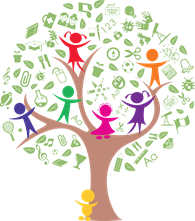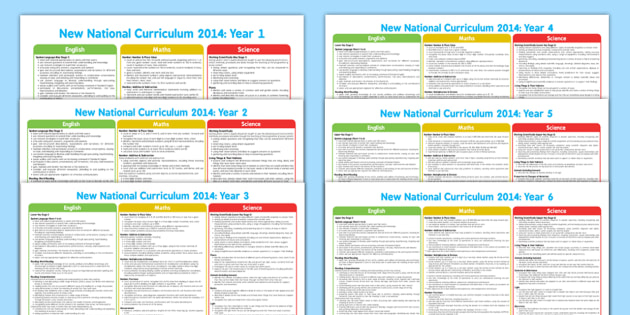KS2
What is Key Stage 2?
Key Stage 2 is the phase of primary school for children in year 3, year 4, year 5 and year 6. Sometimes divided into Lower KS2 (LKS2) – years 3 and 4, and Upper KS2 (UKS2) – years 5 and 6. It’s formerly known as ‘Juniors
What subjects do KS2 age children learn?
There are 11 mandatory subjects for Key Stage 2 age children:
- English
- Mathematics
- Science
- Design Technology
- History
- Geography
- Art and Design
- Music
- Physical Education (PE) including swimming
- Computing
- Ancient and Modern Foreign Languages
Schools must also provide Religious Education, although parents can ask that their children are taken out of part or all of the lessons. Schools sometimes teach Personal, Social and Health Education (PSHE) and/or citizenship at this Key Stage.
PSHE teaches children how to stay safe and live a healthy lifestyle. It aims to help children develop positive social skills and important attributes like empathy. It also features topics like sex education, puberty, relationships and emotional wellbeing. Parents can choose to remove their children from sex education lessons in KS2.
Citizenship introduces topics like debating, critical thinking and politics. It can feature themes such as identity, racism and recycling.
How are Key Stage 2 children assessed?
At the end of KS2, children sit their SATs in the following subjects:
- English grammar, punctuation and spelling.
- English reading (reading and understanding text).
- Mathematics (arithmetic and reasoning).
Scaled scores are used to grade these assessments. For more information on KS2 scaled scores, take a look at this helpful 2018 KS2 SATs Scores Explained - Adult Guidance resource. Children receive their results for these assessments in July.
Some children will sit SATs in Science, although this is limited to samples of children from around 1900 schools. The children selected are thought to be representative of the population as a whole, and will sit papers in:
- Biology: 25 minutes, 22 marks.
- Chemistry: 25 minutes, 22 marks.
- Physics: 25 minutes, 22 marks
- The DfE states that the national curriculum for KS2:
‘… provides an outline of core knowledge around which teachers can develop exciting and stimulating lessons to promote the development of pupils’ knowledge, understanding and skills as part of the wider school curriculum.’
Below are outlines of the national curriculum for Maths KS2 and the national curriculum for English KS2.
National curriculum Maths KS2
The DfE states that the national curriculum for Maths aims to ensure that all pupils:
- become fluent in the fundamentals of mathematics, including through varied and frequent practice with increasingly complex problems over time, so that pupils develop conceptual understanding and the ability to recall and apply knowledge rapidly and accurately.
- reason mathematically by following a line of enquiry, conjecturing relationships and generalisations, and developing an argument, justification or proof using mathematical language
- can solve problems by applying their mathematics to a variety of routine and nonroutine problems with increasing sophistication, including breaking down problems into a series of simpler steps and persevering in seeking solution.
The topics covered in the national curriculum Maths KS2 include:
- Number and place value
- Addition and subtraction
- Multiplication and division
- Fractions
- Measurement
- Geometry - properties of shape
- Geometry - position and direction
- Ratio and proportion
- Statistics
- Algebra
National curriculum English KS2
The DfE states that the national curriculum for English aims to ensure that all pupils:
- read easily, fluently and with good understanding
- develop the habit of reading widely and often, for both pleasure and information
- acquire a wide vocabulary, an understanding of grammar and knowledge of linguistic conventions for reading, writing and spoken language
- appreciate our rich and varied literary heritage
- write clearly, accurately and coherently, adapting their language and style in and for a range of contexts, purposes and audiences
- use discussion in order to learn; they should be able to elaborate and explain clearly their understanding and ideas are competent in the arts of speaking and listening, making formal presentations, demonstrating to others and participating in debate.
The topics covered in the national curriculum English KS2 include:
- Spoken language
- Reading - word reading
- Reading - comprehension
- Writing - transcription
- Writing - handwriting and presentation
- Writing - composition
- Writing - vocabulary, grammar and punctuation
- Spelling
Useful Websites
Home learning – 50 free apps and websites for KS1 and KS2 pupils - Teachwire
Free KS2 Teaching Resources for Lesson Planning | Oak National Academy
Key Stage 2 (KS2) resources | TheSchoolRun
Recommended Reads
Reading
 Wood Lane Primary School
Wood Lane Primary School